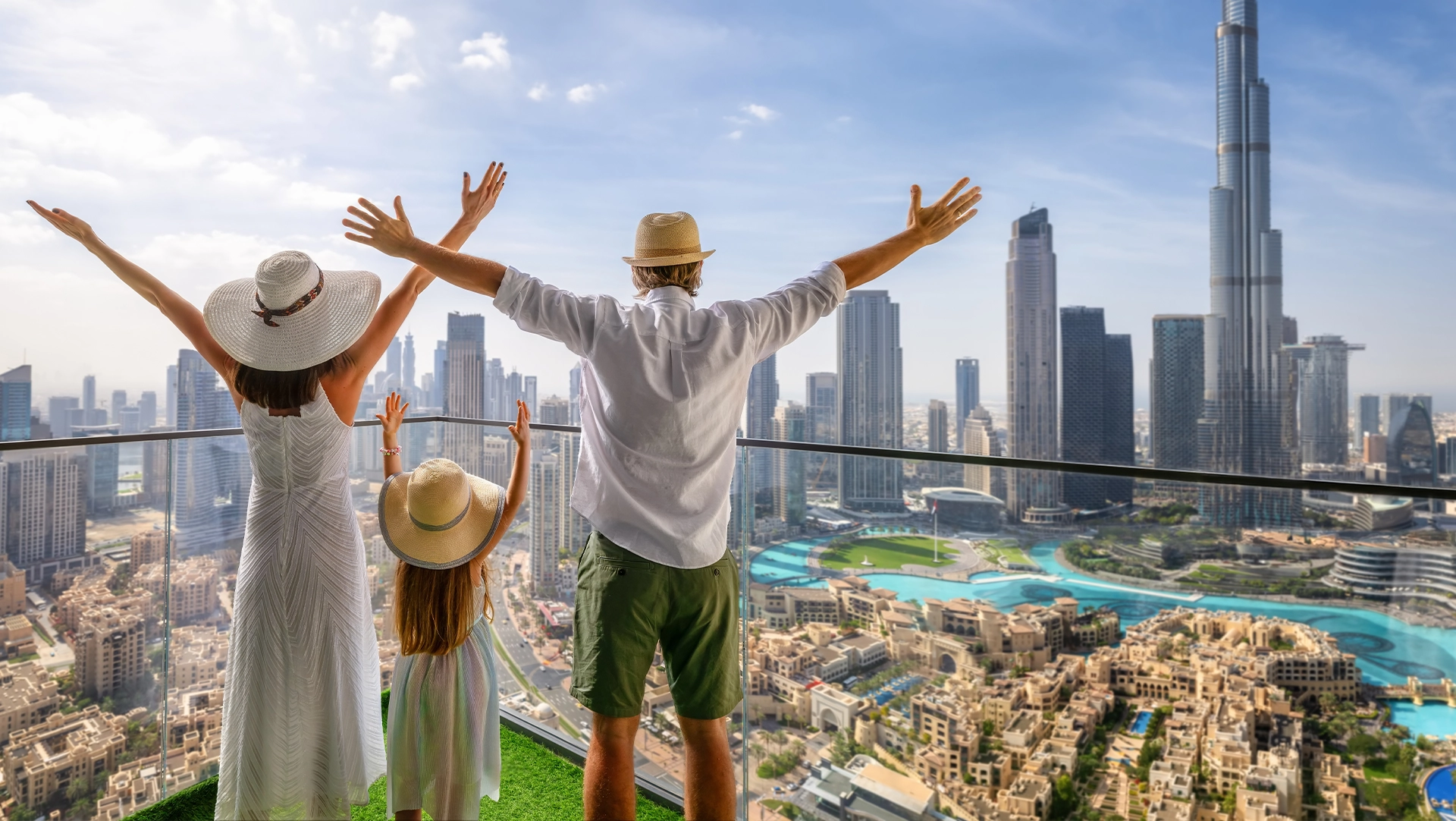The Reality of Moving to Dubai in 2025
Relocating to Dubai offers both excitement and adjustment. As of mid-2025, the city remains a dynamic destination for work and lifestyle shifts. For many newcomers, however, the transition includes navigating unfamiliar costs, housing systems, and social landscapes that aren’t always evident in initial research.
Whether moving for professional growth or personal change, a clear picture of expenses, comfort factors, and ways to connect with the community can make the first year more manageable.
Cost of Living Breakdown: What to Actually Budget in 2025
Housing: Your Biggest Expense
Accommodation remains the largest cost category for most residents. In 2025, regional price differences will persist, and where you choose to live will significantly shape your budget.
Apartment Rentals (Monthly):
- Studio in International City: AED 2,800-3,500
- 1-bedroom in Dubai Marina: AED 5,000-7,500
- 2-bedroom in Downtown Dubai: AED 8,000-12,000
Rental rates have climbed approximately 7% since late 2024, with increases more prominent near infrastructure expansions like Expo City and metro extensions. Payment terms vary, with landlords still favoring 1-4 cheques annually, although monthly payment options are gradually becoming more accessible.
The Rent vs. Buy Equation
Regulatory updates in early 2025 have adjusted mortgage requirements. Expatriates now need a 15% down payment for homes under AED 5 million, down from the previous 20%, potentially opening doors for long-term residents.
Despite this shift, those in their first year are generally advised to rent. Purchasing involves additional costs such as transaction fees (around 7% of the property value), maintenance responsibilities, and variable service charges.
Understanding the dynamics of different neighborhoods may also take time, making renting a more adaptable option initially.
Beyond Housing: The Full Expense Picture
Daily Essentials (Monthly)
- Groceries: AED 1,500-2,500 for one person (significantly higher if exclusively shopping at high-end supermarkets)
- Transportation: AED 500-1,000 (public transport via Nol card); AED 1,500-2,500 (car ownership including fuel)
- Utilities: AED 800-1,200 (electricity, water, cooling, internet)
- Mobile plan: AED 125-350 (based on data needs)
These figures vary depending on consumption patterns, area, and lifestyle choices. Those using public transport regularly may benefit from Nol card monthly passes, while car owners should budget for fuel, parking, and insurance.
The Hidden Costs
In addition to regular bills, newcomers should account for:
- Municipality fees (5% of annual rent collected monthly via DEWA bill)
- Knowledge fee (AED 10 per DEWA bill)
- Service charges (for property owners): AED 12-25 per square foot annually
- Ejari registration (approximately AED 220 per contract)
- Healthcare insurance premium increases (10-15% higher than 2024 rates)
These costs are often not highlighted upfront, but can significantly impact budgeting.
Salary Benchmarks: What’s Considered Good in 2025?
Salary expectations have shifted slightly in 2025. Average monthly incomes now fall within these ranges:
- Entry-level professional: AED 12,000-18,000
- Mid-management: AED 25,000-40,000
- Senior executive: AED 45,000-80,000+
Industry plays a key role, and sectors such as technology, healthcare, and renewable energy are more competitive. For solo professionals seeking moderate comfort and some savings, a monthly salary of AED 18,000-20,000 is generally sufficient.
Building Community: The Social Infrastructure
Expat Integration Channels
Creating a support network early on can ease the transition. Newcomers often engage through:
- Industry-specific networking groups (both in-person and via platforms like Meetup)
- Residential community events (particularly in villa compounds and larger developments)
- National or cultural associations (most active during national holidays)
These channels provide opportunities to meet others with similar interests or backgrounds.
Cost-Effective Socialization
Socializing doesn’t have to come at a high cost. Some affordable or discounted options include:
- Ladies’ nights (typically Tuesday-Wednesday at most venues)
- Ladies’ nights (typically Tuesday-Wednesday at most venues)
- Beach clubs with weekday access packages
- Community sports leagues (substantially cheaper than individual gym memberships)
Participation in these activities often leads to lasting connections while also helping manage entertainment expenses.
Maximizing Well-Being: Comfort Beyond Finances
Mental and Physical Wellness
Maintaining balance involves more than budgeting. In 2025, many companies offer wellness benefits, including access to platforms like Mindtales or Wellify. Flexible co-working spaces are also available from around AED 750 per month, providing alternatives to working from home.
During summer months when temperatures exceed 45°C, it’s advisable to plan for indoor activities and increase the use of cooling systems, which may also reflect in utility bills.
Strategic First-Year Investments
Rather than immediately pursuing luxury living or premium services, some initial investments can provide longer-term stability:
- Comprehensive healthcare coverage
- Skills courses tailored to the UAE job market
- Emergency savings fund covering at least six months
- Employer-based saving plans, where available
Evaluating such choices early may help reduce future financial pressure.




